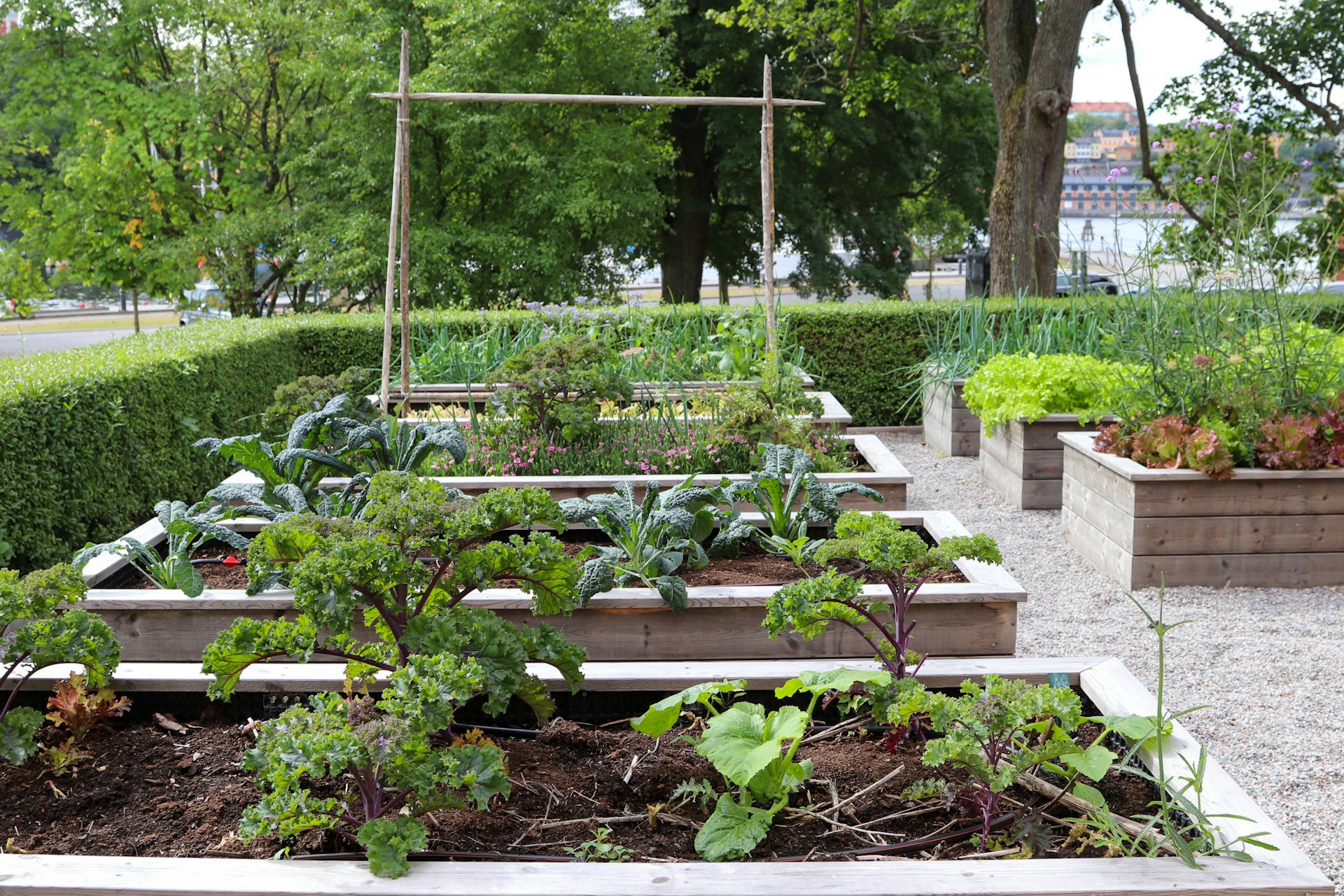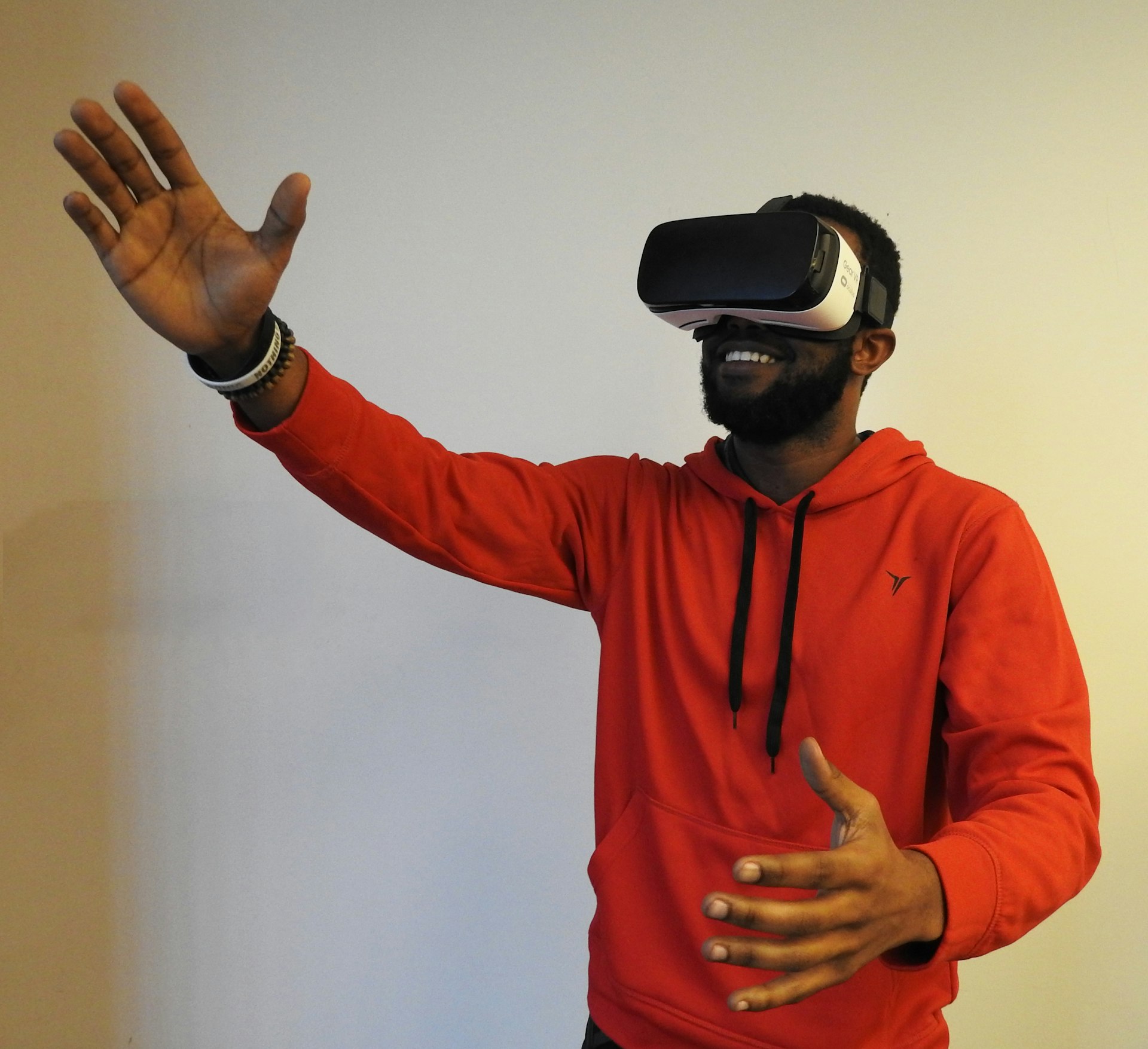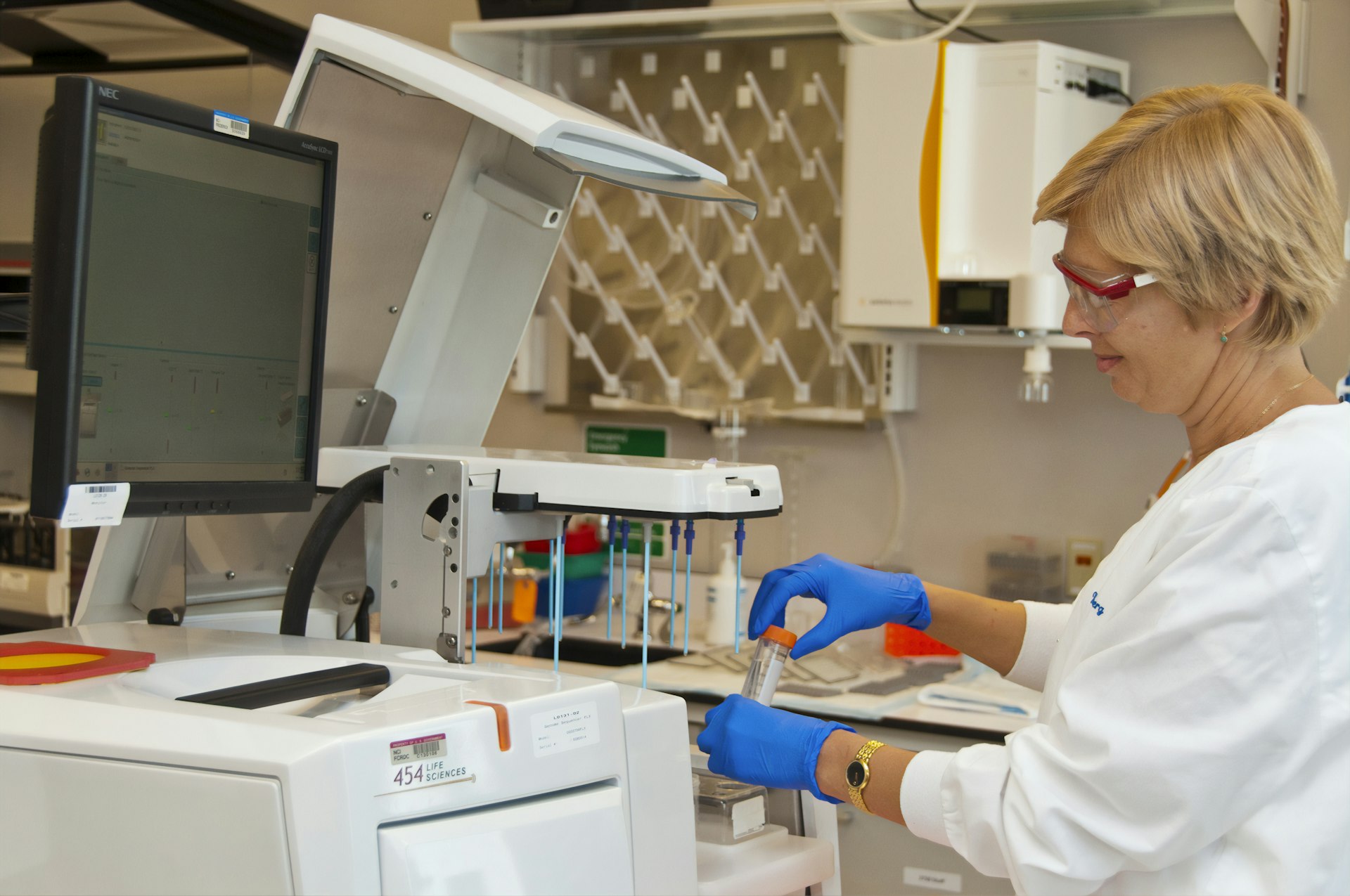Unlocking the Power of Positive Psychology: Transform Your Lifestyle for Lasting Well-being

Photo by Lucas Braga on Unsplash
Introduction: The Transformative Role of Positive Psychology in Everyday Life
Positive psychology is more than just an optimistic outlook; it is a research-driven approach that focuses on human strengths, well-being, and the factors that make life truly worth living. Unlike traditional psychology, which often centers on diagnosing and treating disorders, positive psychology seeks to enhance the quality of life by fostering resilience, gratitude, and meaning [1] . Integrating its principles into lifestyle practices offers substantial benefits, including improved health outcomes, greater emotional stability, and increased longevity [2] .
Understanding Positive Psychology: Core Principles and Scientific Backing
At its core, positive psychology asks: What makes life fulfilling? Pioneered by experts like Dr. Martin Seligman, the field emphasizes building on existing strengths and cultivating positive emotions, such as joy, gratitude, and hope [5] . Extensive scientific research supports the effectiveness of these interventions, showing that positive thinking leads to a cascade of beneficial brain changes, including increased serotonin and reduced cortisol, promoting calmness and creativity [1] .
Importantly, positive psychology does not ignore life’s challenges. It encourages individuals to approach setbacks with a productive, hopeful mindset, which facilitates better coping and overall well-being [4] .
Health Advantages: Evidence-Based Benefits for Mind and Body
Adopting positive psychology practices is linked to significant health benefits:

Photo by Atharva Tulsi on Unsplash
- Reduced Risk of Chronic Illness: Studies have shown that happier individuals have a lower incidence of heart disease, diabetes, and high blood pressure [5] .
- Improved Immune Function: Positive emotions boost the immune system, making it easier to fight off illness [5] .
- Enhanced Mental Health: Interventions such as gratitude exercises, kindness, and meaning-making have measurable positive effects on depression and anxiety, and support overall well-being [2] .
- Longevity: High subjective well-being, including optimism and life satisfaction, is associated with longer life spans, independent of physical health and socioeconomic status [2] .
These benefits are not limited to those with pre-existing psychological conditions; even individuals with somatic (physical) illnesses experience improved outcomes when positive psychology practices are incorporated into their care [2] .
Practical Steps: How to Integrate Positive Psychology into Your Lifestyle
Turning theory into practice is essential for reaping the rewards of positive psychology. Here’s how you can start:
1. Practice Gratitude Daily
Begin or end each day by listing three things you are grateful for. This simple act can shift your mindset, reduce stress, and increase overall happiness. Journaling about gratitude has been shown to improve mood and foster resilience [1] .
Implementation Tip: Keep a dedicated gratitude journal beside your bed, or use a notes app on your phone. Set a daily reminder to maintain consistency.
Alternative: If journaling feels daunting, consider sharing your gratitude verbally with a friend or family member.
2. Nurture Positive Relationships
Strong, supportive relationships are a cornerstone of well-being. Make a conscious effort to connect with friends, family, or community groups. Express appreciation, listen actively, and offer support when possible. Research shows that positive social connections lower the risk of depression and increase life satisfaction [5] .
Implementation Tip: Schedule regular phone calls or meetups. If you’re looking to expand your network, consider joining local clubs, volunteering, or attending community events.
Alternative: Online communities and support groups can also foster meaningful connections, especially if local opportunities are limited.
3. Engage in Acts of Kindness
Performing small, intentional acts of kindness-such as helping a neighbor, complimenting a colleague, or volunteering-can enhance your sense of purpose and belonging [2] . These actions release endorphins, often referred to as “helper’s high,” and create a positive feedback loop of well-being.
Implementation Tip: Choose one act of kindness to perform each day, and note how it makes you feel. Over time, you’ll notice a shift in your general outlook.
Alternative: Virtual volunteering opportunities exist for those with limited mobility or time; search for “remote volunteering” through reputable platforms or local nonprofit organizations.
4. Find Meaning and Purpose
Meaning-making is central to positive psychology. Reflect on the aspects of your life that give you a sense of direction-this could be your work, relationships, hobbies, or community involvement. Having a clear sense of purpose is associated with better health outcomes and emotional stability [3] .
Implementation Tip: Take time each week to evaluate your goals and passions. Consider setting small, achievable objectives that align with your values.
Alternative: If you’re unsure how to define your purpose, consider working with a certified coach, therapist, or counselor. Many professionals offer both in-person and telehealth services.
5. Develop Mindful Awareness
Practicing mindfulness-being present and fully engaged in the moment-reduces anxiety and increases emotional regulation. Mindfulness techniques, such as deep breathing, meditation, or mindful walking, are effective tools for building resilience [1] .
Implementation Tip: Begin with just five minutes a day, focusing on your breath or bodily sensations. Gradually increase the duration as you become more comfortable.
Alternative: Guided mindfulness sessions are widely available via apps or through community wellness centers.
Addressing Challenges and Finding Support
While integrating positive psychology into your lifestyle can yield significant benefits, challenges may arise, such as maintaining consistency or overcoming ingrained negative thought patterns. If you encounter obstacles:
- Start small and build gradually. Sustainable change often happens incrementally.
- Seek social support. Joining a group or finding an accountability partner can improve long-term success.
- If you experience persistent emotional or mental health struggles, consider reaching out to a licensed mental health professional. You can find qualified providers by searching directories from the American Psychological Association or local health agencies.
Remember, shifting toward a more positive mindset is a journey. Progress may be gradual, but even small changes can have a profound impact over time.
Alternative Approaches and Additional Resources
Positive psychology is not a one-size-fits-all solution. Some individuals may benefit from integrating complementary practices, such as:
- Physical activity programs, which further reduce stress and support mood
- Creative arts (music, writing, visual arts) for self-expression and emotional processing
- Faith or spiritual activities, if personally meaningful
To learn more about positive psychology interventions and resources, consider searching for free online courses from universities, reading books by leading experts like Dr. Martin Seligman, or reviewing articles on established mental health organization websites.
Key Takeaways: Building a Positive Lifestyle for Life-Long Benefits
Integrating positive psychology into everyday life is a powerful, evidence-based strategy for improving both mental and physical well-being. By cultivating gratitude, fostering positive relationships, practicing acts of kindness, seeking meaning, and developing mindfulness, anyone can take actionable steps toward a healthier, more fulfilling lifestyle. The journey is ongoing, but support and resources are widely available-ensuring that positive change is within reach for all.
References
- [1] University of Pennsylvania (n.d.). Enhance your life with applied positive psychology.
- [2] Lianov, L. (2023). The Role of Positive Psychology in Lifestyle Medicine. PMC.
- [3] Lianov, L.S. (2019). Positive Psychology in Lifestyle Medicine and Health Care. PMC.
- [4] Orchard Mental Health (n.d.). Benefits of Positive Psychology.
- [5] Insights Psychology (n.d.). Positive Psychology: The Key to a Happier Life.
MORE FROM cheerdeal.com













